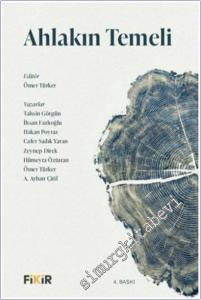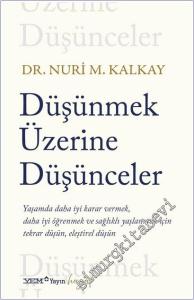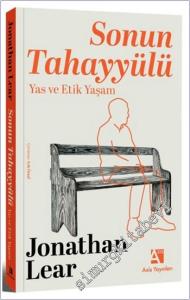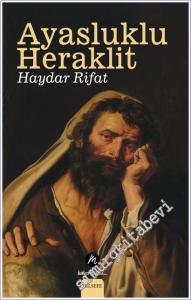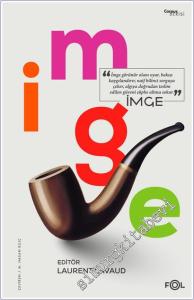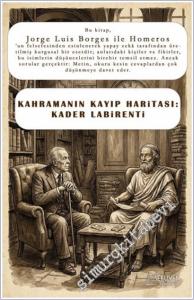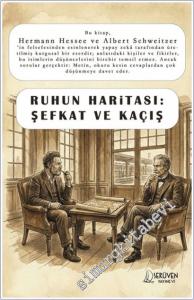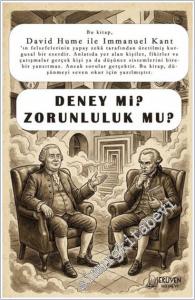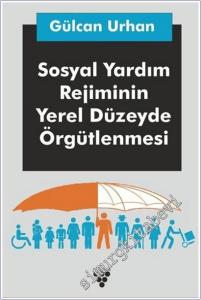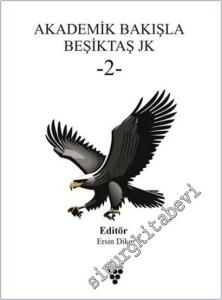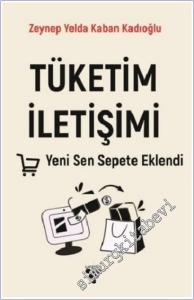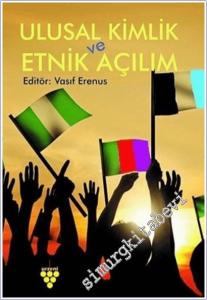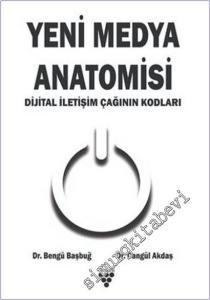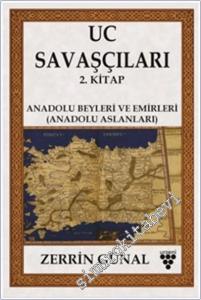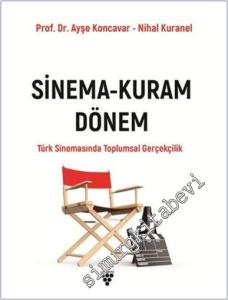#smrgKİTABEVİ Kant Causality And Freedom - 2025
Editör:
Kondisyon:
Yeni
Sunuş / Önsöz / Sonsöz / Giriş:
Basıldığı Matbaa:
Dizi Adı:
ISBN-10:
9786255518552
Kargoya Teslim Süresi (İş Günü):
3&7
Hazırlayan:
Cilt:
Amerikan Cilt
Boyut:
14x21
Sayfa Sayısı:
152
Basım Yeri:
İstanbul
Baskı:
1
Basım Tarihi:
2025
Kapak Türü:
Karton Kapak
Kağıt Türü:
Enso
Dili:
İngilizce
Kategori:
indirimli
167,20
Havale/EFT ile:
163,86
Siparişiniz 3&7 iş günü arasında kargoda
1199240675
627872
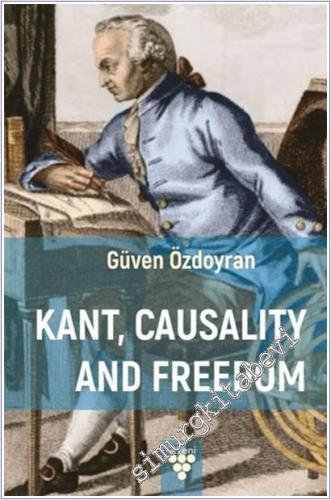
https://www.simurgkitabevi.com/kant-causality-and-freedom-2025
Kant Causality And Freedom - 2025 #smrgKİTABEVİ
167.20
The central concern of this book is the reconciliation of freedom and natural causality, and an investigation into how Kant creates conceptual space for the idea of freedom. In the Analytic, Kant first establishes the conditions of knowledge upon which the objective validity of the law of causality is entirely founded. This foundational process also delineates the limits of possible experience. In contrast, within the Dialectic, Kant postulates freedom as a noumenal cause existing alongside the law of causality. In this framework, transcendental freedom emerges as a problematic concept that transcends the bounds of experience and appears to disrupt the unity of experience. Nevertheless, Kant relinquishes neither the law of causality nor the idea of freedom. Rather, he insists that the two can coexist without contradiction by asserting the distinction between phenomena and noumena as distinct domains upon which these two types of causality respectively rest. According to Kant, both are indispensable: causality is necessary for knowledge, while freedom is absolutely essential for morality. Within this context, this book aims to explicate the objective validity of natural causality as demonstrated in the Second Analogy, and the transcendental foundation of the idea of freedom as developed in Kants solution to the Third Antinomy in the Critique of Pure Reason. Furthermore, it examines whether Kants proposed reconciliation of these two concepts is both satisfactory and philosophically legitimate.
The central concern of this book is the reconciliation of freedom and natural causality, and an investigation into how Kant creates conceptual space for the idea of freedom. In the Analytic, Kant first establishes the conditions of knowledge upon which the objective validity of the law of causality is entirely founded. This foundational process also delineates the limits of possible experience. In contrast, within the Dialectic, Kant postulates freedom as a noumenal cause existing alongside the law of causality. In this framework, transcendental freedom emerges as a problematic concept that transcends the bounds of experience and appears to disrupt the unity of experience. Nevertheless, Kant relinquishes neither the law of causality nor the idea of freedom. Rather, he insists that the two can coexist without contradiction by asserting the distinction between phenomena and noumena as distinct domains upon which these two types of causality respectively rest. According to Kant, both are indispensable: causality is necessary for knowledge, while freedom is absolutely essential for morality. Within this context, this book aims to explicate the objective validity of natural causality as demonstrated in the Second Analogy, and the transcendental foundation of the idea of freedom as developed in Kants solution to the Third Antinomy in the Critique of Pure Reason. Furthermore, it examines whether Kants proposed reconciliation of these two concepts is both satisfactory and philosophically legitimate.
Yorum yaz
Bu kitabı henüz kimse eleştirmemiş.

